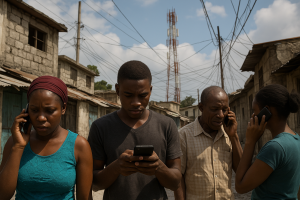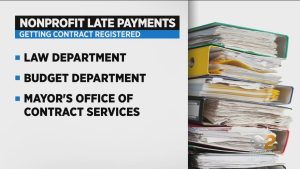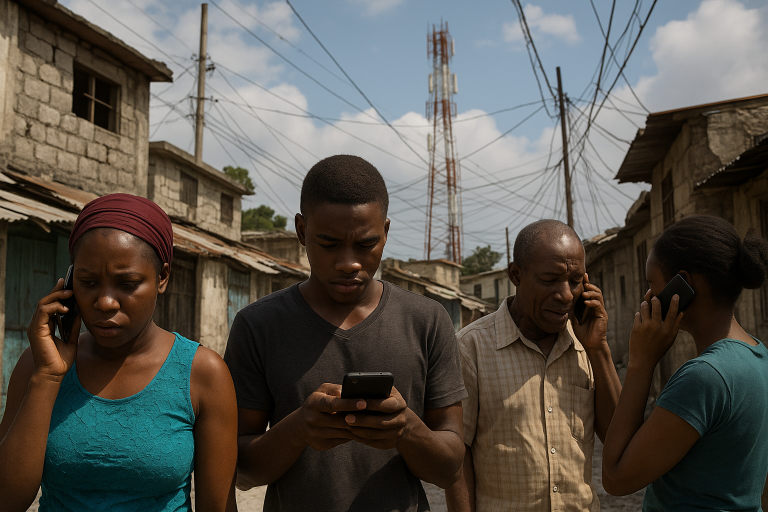Haiti, a nation with a rich history and vibrant culture, has long been plagued by economic challenges. From its colonial past to its present-day struggles, understanding Haiti’s economic landscape requires a deep dive into its political instability and governance issues. Join us as we explore the factors that have shaped Haiti’s economy and the resilience of its people.
Haiti’s economy was historically anchored in its sugarcane plantations during its time as a French colony. The Haitian Revolution, led by the enslaved against French colonial rule, not only brought freedom but also economic repercussions that still echo today.
One of the most significant economic burdens Haiti has faced is its historical debt. From the indemnity demanded by France in the 1820s to the U.S.’s fiscal control in the 20th century, Haiti’s debt has been a chain holding back its economic progress.
Frequent changes in leadership, coupled with foreign interference, have led to inconsistent economic policies. This instability has deterred foreign investments and hampered local entrepreneurial initiatives.
Haiti’s economic challenges have been further compounded by natural disasters. While international aid has flowed in, the effective utilization of these funds remains a topic of debate.
Despite these challenges, the spirit of the Haitian people shines through. Local businesses, contributions from the diaspora, and cultural exports like music and art showcase Haiti’s undying resilience.
Promote Sustainable Agriculture: Leveraging Haiti’s agricultural past with modern sustainable practices.
Encourage Foreign Partnerships: Foster partnerships that respect Haiti’s sovereignty while promoting economic growth.
Invest in Education: Building a brighter future through an educated youth, ready to lead Haiti into economic prosperity.
Haiti’s economic journey is a testament to its resilience and spirit. While challenges persist, understanding its past and present offers hope and insights for a prosperous future.












Add a comment